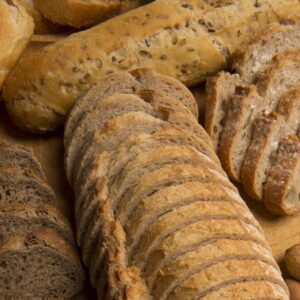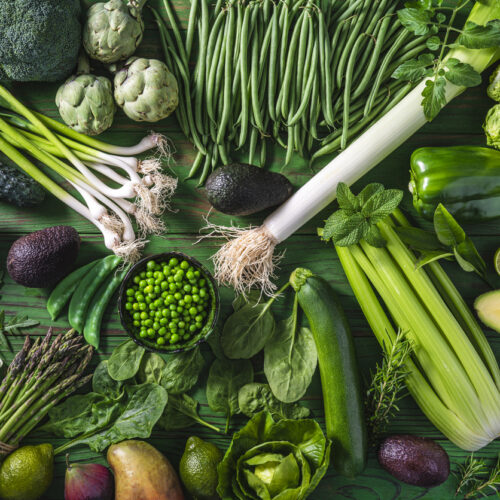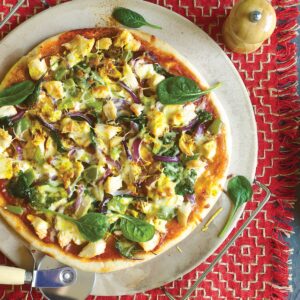
Interesting research released recently suggests that the real reason many people who eat a gluten-free diet end up feeling better may not be anything to do with gluten at all.
In fact, the Australian researchers suggest the condition known as non-coeliac gluten sensitivity (NCGS) may not be nearly as common as has been thought. This is the term used to describe those people who are not diagnosed with Coeliac disease but who report feeling better with fewer gut symptoms and less fatigue when following a gluten-free diet.
This is interesting not least because it comes from the same researchers whose studies seemed to prove the validity of NCGS as a genuine and diagnosable condition a few years ago. As with all good scientists, they wanted to learn more and do more rigorous research, and so in this latest double-blind, placebo-controlled trial they controlled every single meal the participants ate and removed all potential triggers for gastrointestinal distress that might confound their results. A good description of how the research was conducted can be found here.
What the research found was fascinating. Almost all of the participants reported feeling better on the ‘baseline’ diet, a low-FODMAP diet. After that, each treatment diet, whether it included gluten or not, caused subjects to report a worsening of symptoms. The placebo diet – identical to the baseline diet – also caused reported worsening of symptoms. This is something known as a ‘nocebo effect’ where when we have a psychological expectation (eg, ‘this diet is going to make me feel bad’) that’s what tends to happen. This all led the researchers to the conclusion: “In contrast to our first study… we could find absolutely no specific response to gluten.”
So, does this mean many people’s gluten intolerance is actually all in their heads?
Well, no. What is possibly going on here is a reaction to other things – namely FODMAPs. These are a group of fermentable carbohydrates, common in lots of the foods we eat, which some people find hard to digest and in whom FODMAPs cause uncomfortable gut symptoms. FODMAPs are in wheat products and some other grains, so when people go gluten-free and eliminate wheat, they are also eliminating one major source of FODMAPs in the diet. This could mean there are quite a few people who mistakenly believe they are sensitive to gluten. Again, as good scientists, the Aussie researchers say a lot more research is needed to understand gluten’s effects in the gut for these people.
At HFG we have covered the emerging science around FODMAPs for several years, and we’ll continue to do so. You can read more about it in recent issues of the magazine (see HFG April 2014 for a start) and online here.
We think this is a very interesting area of research, still developing and changing. But what’s exciting about it is that a low-FODMAP diet has been found to provide relief for IBS sufferers in over 70% of cases.
As with a gluten-free diet, however, it doesn’t pay to go off and try to do it alone. Everyone is different when it comes to FODMAPs and, again, most people won’t need to eliminate or even limit all FODMAP foods. Nutritionists also caution that cutting out all FODMAPs is not a good idea for our gut health long term, as FODMAP-containing foods also contain very useful types of fibre – essential to gut health – that we need and can’t get anywhere else.
If you’re interested in learning more about FODMAPs and IBS, as well as gluten intolerance, I highly recommend getting along to the Gluten Free Food & Allergy Shows. The Auckland show is this coming weekend (at the North Shore Events Centre), and the Christchurch show will be in early November. If you can, take the time to listen to some of the speakers, in particular dietitian Anna Richards who is a bit of an IBS guru. Anna is a regular HFG contributor who wrote the feature in our April issue, and she has an excellent way of cutting through the confusion you might, understandably, be feeling when contemplating what might be causing your gut symptoms. I’ll be there too, sharing some FODMAP-friendly cooking tips. For more about the show, click here.
www.healthyfood.com










